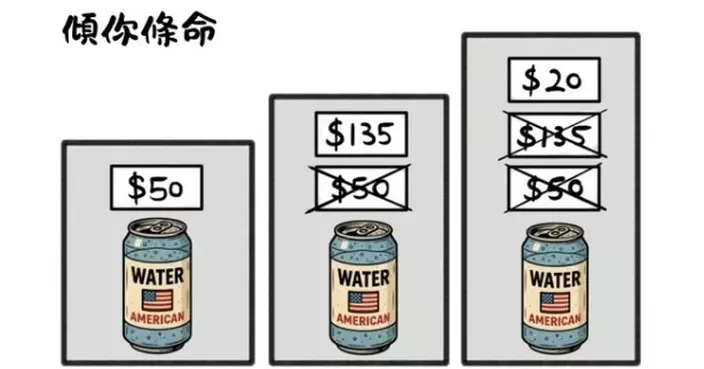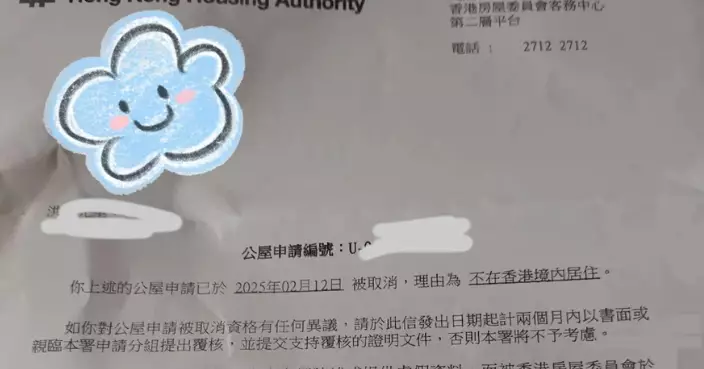America’s Crumbling Global Position
Oct. 26, 2021. By Bret Stephen's, Opinion Columnist
A “complex, coordinated and deliberate attack,” was how John Kirby, the Pentagon press secretary, on Monday described a recent drone assault on a U.S. military outpost in Syria that helps train local allies to fight ISIS. It was carried out with as many as five Iranian drones, launched by Iranian proxies, and conducted with Iran’s aid and blessing.
We’ll see if there’s any kind of U.S. response. The Biden administration is still desperate to get Iran back to the negotiating table to sign a nuclear deal that would free up billions of dollars in funding that Tehran can use to conduct more such attacks.
Also on Monday, The Times’s David Sanger reported that a Russian intelligence agency, the S.V.R., is once again engaged in a campaign “to pierce thousands of U.S. government, corporate and think-tank computer networks,” according to Microsoft cybersecurity experts. This comes just a few months after President Biden personally warned Vladimir Putin against renewing such attacks — while also going easy on the penalties the U.S. imposed for previous intrusions.
Around the same time, Biden announced that “now is the time to de-escalate.” It would seem his Russian counterpart doesn’t agree
Then there is the sharp and worrying uptick of Chinese military flights approaching Taiwan’s airspace. The idea that Beijing may seek to seize the island democracy by force has moved, in a matter of weeks, from a remote prospect to a distinct possibility.
Biden has claimed repeatedly that the United States has a treaty obligation to come to Taiwan’s defense in the event of an attack, most recently at his CNN town hall last week. Subsequent clarifications from the White House have acknowledged that the United States is obligated by the Taiwan Relations Act only to provide sufficiently for Taiwan’s self-defense, without an explicit guarantee of U.S. military intervention.
In other words, on one of the central foreign policy challenges of our time, the president can’t get his facts straight. On another, he can’t seem to get his message across. On the third, it’s unclear whether there’s any coherent policy at all. America’s position in the world as a credible ally to embattled friends and a serious foe to adventurist enemies is visibly crumbling .
The roots of this decline stretch back for years, and the blame to go around is nearly endless. But Biden was elected on a promise of wisdom, experience and competence. Can anyone seriously say that we’ve gotten that?
And it’s not just about Taiwan, Iran and Russia.
The administration entered office with a sense of where it thought the world was heading. Donald Trump’s exit would dramatically improve relations with our allies and at least facilitate diplomacy with our adversaries. A more humane policy on the southern border would ease the humanitarian crisis. The burden of the pandemic would substantially ease by the Fourth of July. We would make a safe and popular exit from Afghanistan by Sept. 11. The economy would prosper.
Now every expectation has gone sideways, with little indication that the administration did any thinking about what might go wrong, much less any planning in case it did.
Afghanistan? “There’s going to be no circumstance where you see people being lifted off the roof of a embassy,” the president said in July, barely a month before the world saw thousands of Afghans begging to be airlifted from a country surrendering to fanatics.
Relations with allies? “President Biden says he hears no criticism from America’s allies about the chaotic withdrawal from Afghanistan and the collapse of the government,” The Times’s Steven Erlanger reported in August. “But the criticism in Europe, at least, is loud and persistent.”
The border? In March, Biden assured the country that the surge in migration was merely seasonal, and that it “happens every single solitary year.” Instead, Border Patrol encounters with migrants reached a record high in the last year.
The economy? In July, the president dismissed price increases as “expected, and expected to be temporary.” Current headline in The Times: “Rising Prices, Once Seen as Temporary, Threaten Biden’s Agenda.”
Even the administration’s one genuine strategic accomplishment — the U.S.-British-Australian nuclear submarine deal, signed at France’s expense — was botched. Expect Paris to serve its diplomatic revenge cold the next time we need its help.
All of these errors are unforced. And all of them ultimately lie at the feet of the president — a painful reminder, as former Defense Secretary Robert Gates said pithily in 2014, that Biden has a long history of being on the wrong side of major foreign policy and national security issues. But it’s also true that the president is being badly advised.
America desperately needs the Biden presidency to succeed. And the world desperately needs a successful America. The outcome of a failed Biden presidency isn’t a change in administration. It’s a transformation of the global order that leaves us poorer, more vulnerable, and more susceptible to the siren songs of illiberal populists, including those at home.
Bottom-line advice to the president: Assemble a new national security team, now. Be the bigger man and invite people like Bob Gates to join it.
A few main points, in Chinese : ".... 拜登政府上任時認為自己了解世界的走向。現在,所有期望都出了岔子,沒有跡象表明政府思考過可能會出什麼問題,更不用說為問題做什麼準備了。
阿富汗?“你絕不會看到有人從使館的屋頂上乘機撤離。”這位總統在7月份說。而一個月後,整個世界看到數以千計的阿富汗人離開。
邊境?今年3月,拜登向全國保證,移民增加只是季節性的。然而,過去一年的移民數量達到創紀錄水平。
經濟?今年7月,總統稱物價上漲是“意料之中的,而且是暫時的”。而《紐約時報》近日的頭條新聞是:曾被視為暫時現象的物價上漲威脅到拜登的議事日程。
就連政府一項真正的戰略成就——犧牲法國利益簽署的美英澳核潛艇協議——也搞砸了。期待巴黎在我們需要其幫助的時候再通過外交來報仇吧。
如果拜登失敗的話,那將意味著全球秩序的改變, 我們會變得更貧窮,更脆弱,也更容易受到狹隘的民粹主義者誘人和虛偽言辭的影響。"
S. L. LI Engineer
HKFDP
香港建設專業聯會
** 博客文章文責自負,不代表本公司立場 **






















































